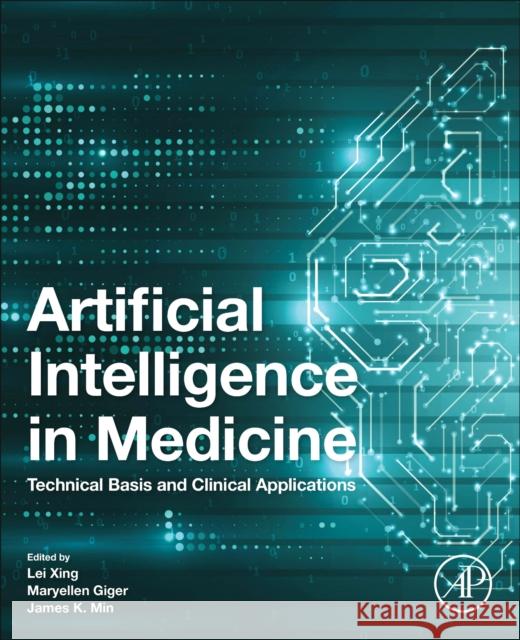Artificial Intelligence in Medicine: Technical Basis and Clinical Applications » książka
topmenu
Artificial Intelligence in Medicine: Technical Basis and Clinical Applications
ISBN-13: 9780128212592 / Angielski / Miękka / 2020 / 400 str.
Kategorie:
Kategorie BISAC:
Wydawca:
Academic Press
Język:
Angielski
ISBN-13:
9780128212592
Rok wydania:
2020
Ilość stron:
400
Oprawa:
Miękka
Wolumenów:
01
Dodatkowe informacje:
Bibliografia
Wydanie ilustrowane
Wydanie ilustrowane











